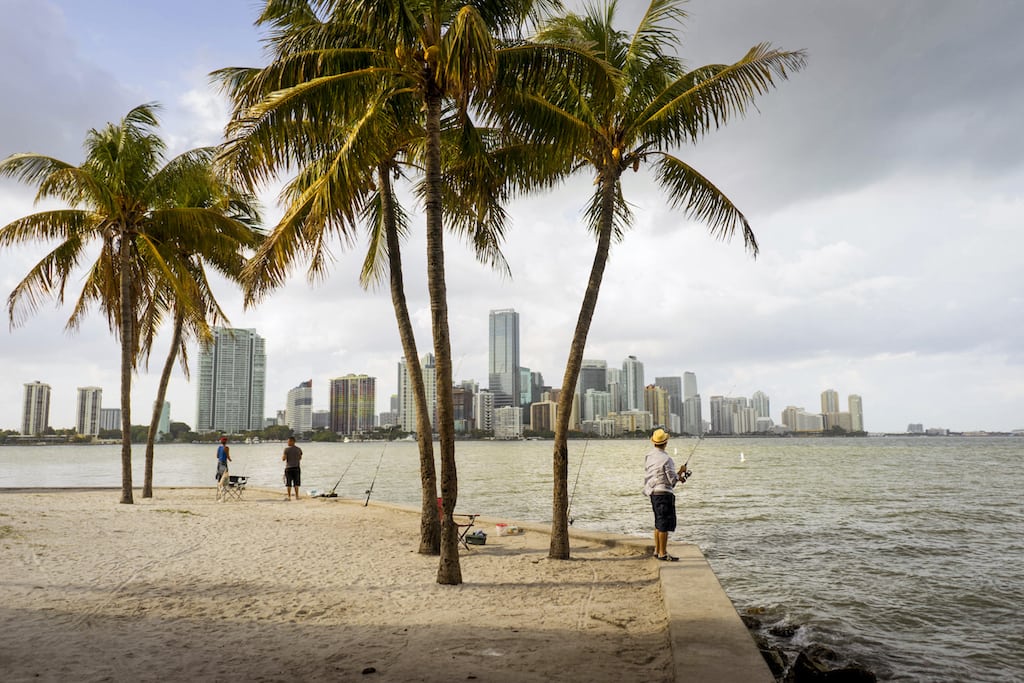Most of Airbnb's Miami Revenue Is From Commercial Hosts New Study Suggests

Skift Take
Regardless of whether or not you believe the numbers from the American Hotel & Lodging Association or those from Airbnb, Miami's short-term rental situation demonstrates a clear need for better legislation and/or better enforcement to address short-term rentals.
In what's become a nearly weekly occurrence, the American Hotel & Lodging Association (AH&LA) has released a new report on Airbnb's impact in a U.S. city.
This week, the association turned its focus to Miami Beach, Florida, where, unlike most of the state, short-term rental laws are much more restrictive.
In Miami, any lease shorter than six months and one day qualifies as a short-term rental and in 2008, the city banned all short-term rentals for all single-family homes in residential zones, without exceptions. Today, short-term rentals are only allowed in multi-family buildings in specified areas, and the people who rent them have to apply for a license or certificate to do so. Fines for violating these laws range from $500 to $7,500.
That legislation doesn't align with the state's stance on short-term rentals, however. In 2011, Florida passed a law that prohibits local governments from regulating and restricting vacation rentals, including restricting the duration or frequency of rentals. However, any regulations throughout the state that were established prior to 2011 still apply, which is why Miami and some of its surrounding municipalities have been able to restrict and/or nearly ban short-term rentals.
Regardless of what the laws are
